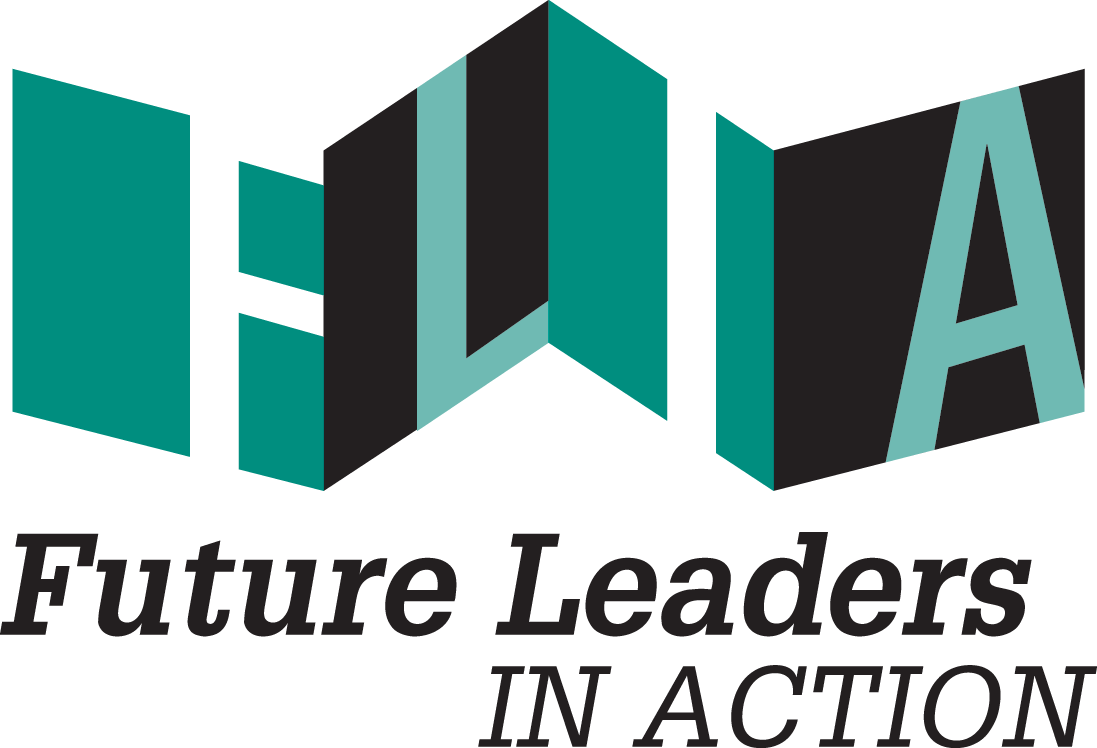Photo taken by FLIA at the Summer 2022 retreat in Harlem, NY.
In fifth grade, I received the district Technology Student of the Month award three months in a row. The award was nothing more than a paper certificate and magnet for the back of my parent's car. I never thought too much of it since I had no interest in tech then. Honestly, I probably won the award because I despised coding and block-based visual programming so much that I rushed through the assignments to avoid thinking about them longer than I needed to.
Flash forward ten years, and I am analyzing the social media strategies of the very educational resources I used in the classroom with my FLIA partner, Almost Fun, as I work as their Social Media Fellow this summer. From learning my STEM lessons through Khan Academy and BrainPOP to analyzing their data, I reflect on my journey into the tech and social sector as the first in my family to break into tech with no real technical training or background.
“My best advice for anyone trying to break into tech is to know there is space for everyone at the table. My personal experience and upbringing are my greatest strengths and motivators.”
As our society evolves into a more technologically advanced world, there are more opportunities than ever to be involved in the sector; however, that does not make it any less daunting. My entire life, I have struggled with imposter syndrome and self-doubt. I grew up in the most heavily Latino populated area in Massachusetts. My hometown was not featured on the news for our achievements, but for our shortcomings. I worked extremely hard for the opportunity to attend university on a full-tuition scholarship. Still, equal access to higher education and learning resources is not as accessible in areas like the neighborhood where I grew up.
Photo taken by FLIA at the Summer 2022 retreat in Harlem, NY.
I chose to major in education due to my passion for equal access to learning and educational resources, especially for low-income or underrepresented communities. I am interested in creating scholarship and professional opportunities for these students. I firmly believe in the necessity of Latin-American studies in the K-12 curriculum and the increase of Latinos represented in professional and leadership positions.
While researching the FLIA partners, Almost Fun instantly caught my attention for their dedication to culturally responsive pedagogy and mission to empower marginalized and underrepresented students through free online learning resources. I felt confident in my educational background, but wary about my technical skills. I have known that I wanted to break into the EdTech sector for a while, but I wasn't sure I met all of the qualifications. There is a massive underrepresentation of Latinas in tech, with only 1% of tech employees identifying as such. (BoldLatina, 2018). It is imperative that we diversify this statistic and help others achieve these heights.
My best advice for anyone trying to break into tech is to know there is space for everyone at the table. My personal experience and upbringing are my greatest strengths and motivators. You don't necessarily need to know how to code or program to work in tech, and as long as you desire innovation and learning, you will be successful. ¡Sí, se puede!



